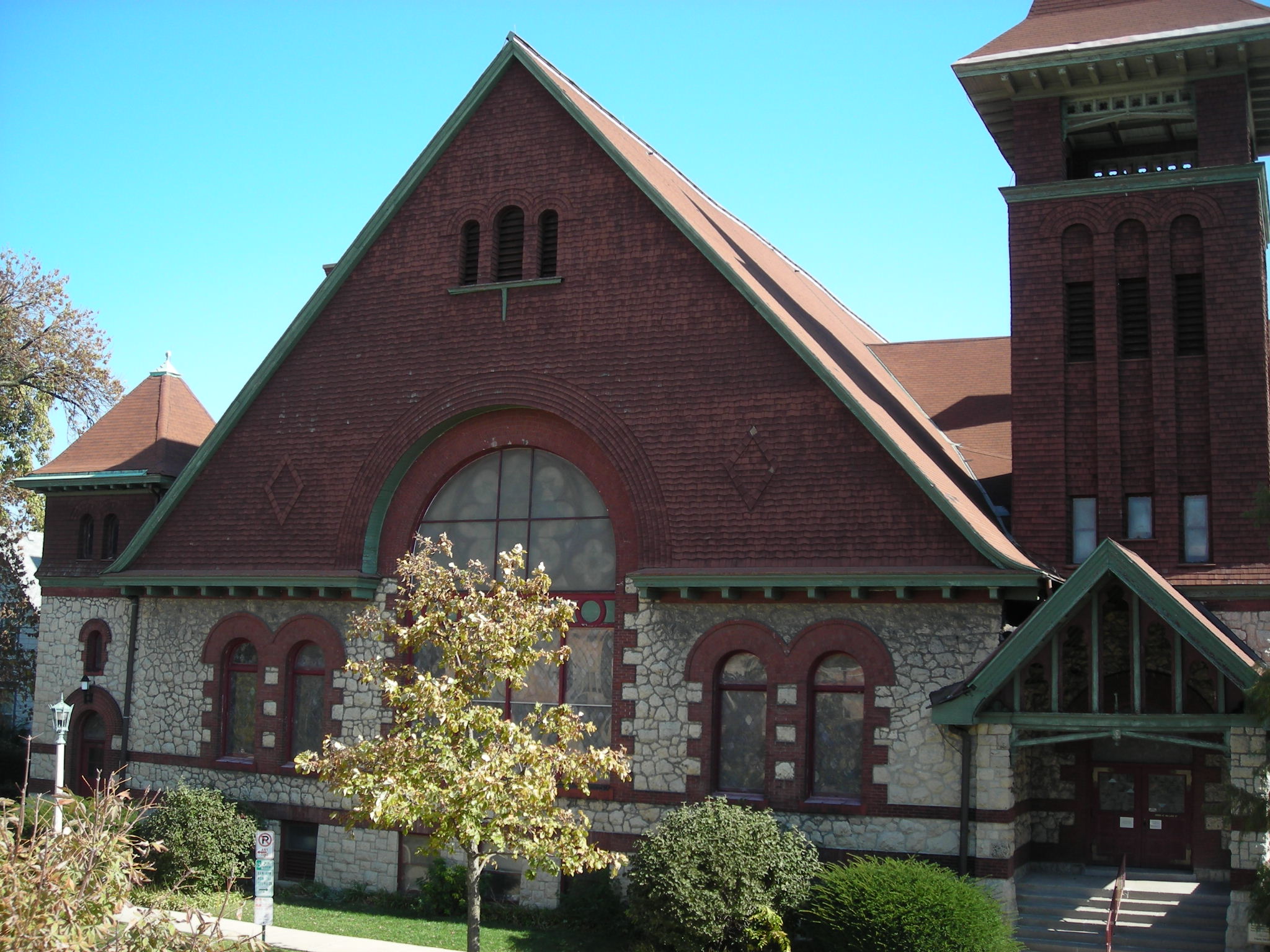
The Mary Model
There must be some displacement before there can be any new “replacement”! Mary is the archetype of such self-displacement and surrender. If Jesus is the symbol of the gift itself and how God gives the gift, then Mary is the symbol of how the gift is received and treasured.
–Richard Rohr, Preparing for Christmas
Not long ago I was in conversation with a corporate bigwig who was/is somewhat stressed out because his company is changing their entire operational model. All the old hierarchies and reporting lines have been scrambled. Old language and labels are getting scrapped. My task, as a consultant, focused on finding ways to redefine the culture and reassign meaning to new frameworks. (This is what your pastor does when he’s not at Gather!)
My client said, “They need to let go. If we hold on to what we’ve always done—and done well—we’ll lose our leadership position.” (Sidebar: I hear this frequently.)
So I asked for an image of “letting go.” He replied, “I’m from a small town and when I go back, it’s always sad to see the prom king and queen hanging around, still living off of something that happened years ago. They need to let go, but they can’t. My people sometimes remind me of that.”
He paints a sad picture we can all relate to. (Have you ever flinched when one of your old classmates pulled out the yearbook?) But in this week’s Advent readings, the great Franciscan mystic Richard Rohr challenges us to let go. In his conviction that the “gift” we celebrate at Christmas must be received, he convinces us that perhaps there’s a little prom king or prom queen in each of us, holding on to false pride, elusive dreams, and illusory hopes.
The miracle of Mary is that she’s an empty vessel; she’s free to make space for the great gift placed with her.
Maybe she doesn’t have much to let go of. That’s the story we tell, isn’t it? She’s poor. She’s young. She doesn’t seem to have very much going on when the angel arrives and her destiny gets rewired. But who of us doesn’t have something they must release so that God can do the work God desires to do in us? No doubt Mary did. No doubt we do.
The Mary model is one of letting go. The pressures of society, fantasies of youth, strictures of religion, conventions of gender and sexuality, and the shame that so often arises from living our truth—they all conspire to urge us to hang on to what we’ve got, even if it’s not what God wants or intended. Yet Mary lets all that go, preferring the gift God deeds her to any favor and approval the world offers. And, not ironically, she ends up being the most highly favored woman in history. How’s that for validation?
Let go. There’s a gift God wants you to receive. Let go.

Don’t miss our final Advent study this coming Thursday evening at 7:30pm CST. We meet in person at Pilgrim Congregational Church, 460 Lake Street, Oak Park. If you’re unable to join us there, you can find us online at FB Live.
We need your help!
As we think about the future of Gather, please let us know what gifts you bring and would like to share with the community. There are many roles that have to come together to make Gather happen every week. This includes setup, technical support, worship, managing handouts and information, coordinating drinks, and teardown. We need your help. Please let us know what type of service you’d be interested in!
Watch God Work,
Tim & Shea
As we prepare to become a vibrant worshipping community, we invite you to enjoy a Spotify playlist that captures the kind of worship we hope to embrace. Give it a spin while you’re driving. Make it your workout jam. Add it to your devotional time. Most of all, feel yourself becoming part of a sacred village of believers who love their God and one another!
Check out the Gather Worship Playlist here.



